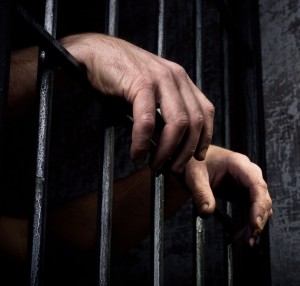
President Barack Obama announced earlier this week that the United States will ban solitary confinement for juvenile offenders in the federal prison system, saying the practice is overused, under-effective and can cause harmful psychological consequences.
In an op-ed posted yesterday, President Obama announced a series of executive actions that prevents federal corrections officers from punishing prisoners for committing “low level infractions” with solitary confinement. He noted that solitary confinement for juvenile offenders can often cause more harm than good.
“Research suggests that solitary confinement has the potential to lead to devastating, lasting psychological consequences. It has been linked to depression, alienation, withdrawal, a reduced ability to interact with others and the potential for violent behavior,” wrote Obama. “Some studies indicate that it can worsen existing mental illnesses and even trigger new ones. Prisoners in solitary are more likely to commit suicide, especially juveniles and people with mental illnesses.”
New Juvenile Regulations
Aside from abolishing solitary confinement for juvenile offenders, Obama also made changes to how adult offenders can be punished in the federal prison system. Under the new regulations, the new maximum for how long an adult offender can be held in solitary confinement is 60 days for a first offense, down from the old maximum of 365 days.
Obama said the reforms are rooted in the idea of helping inmates become successful, law-abiding citizens upon their release. He believes the old system had unintended psychological effects that made it harder for an inmate to adjust to life after prison.
“How can we subject prisoners to unnecessary solitary confinement, knowing its effects, and then expect them to return to our communities as whole people?” Obama wrote. “It doesn’t make us safer. It’s an affront to our common humanity.”
Obama hopes that states across the nation will see the executive order as a model for individual states to rethink how they handle solitary confinement in their prison systems. Over a dozen states have cut back on their use of solitary confinement over the last two years, citing studies that suggest solitary confinement has been linked to higher rates of recidivism.
In the end, the goal of the new initiatives is about ensuring people come out of prison with the tools they need to become functional members of society. Solitary confinement can certainly have detrimental effects on young children, and I’ll be interested to see how recidivism rates among teen offenders in the federal prison system fluctuate in the coming years. I hope it produces the intended effect.





